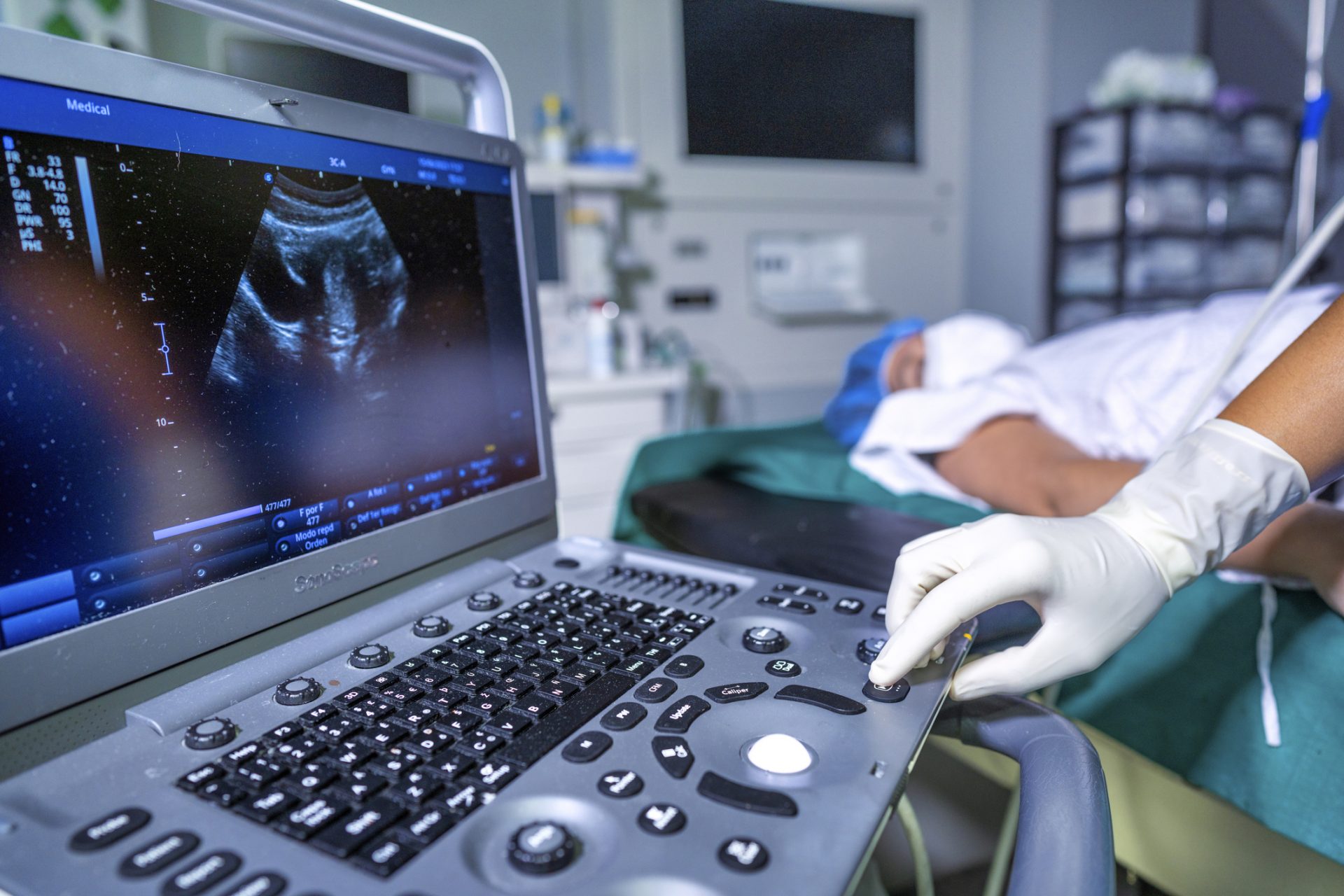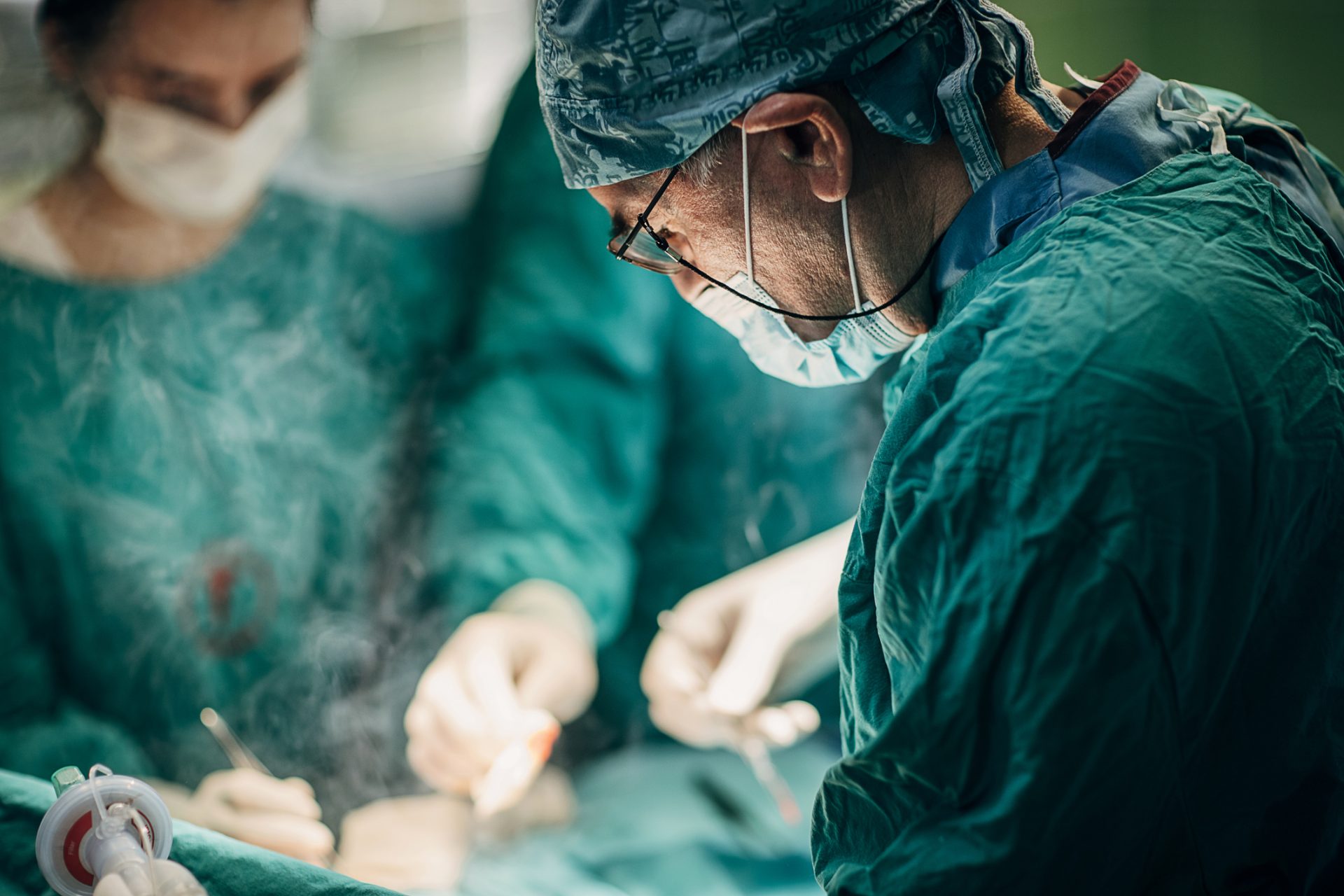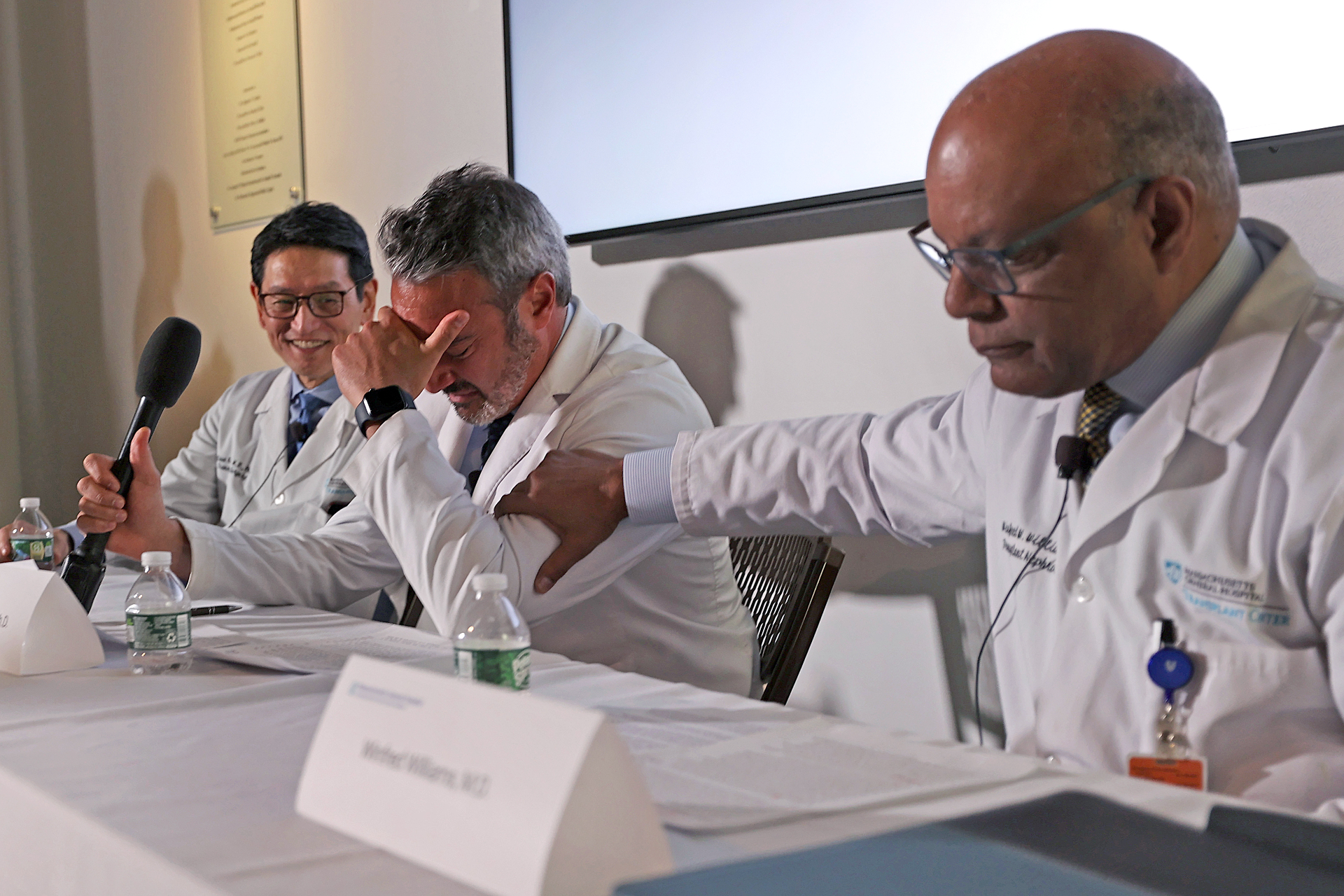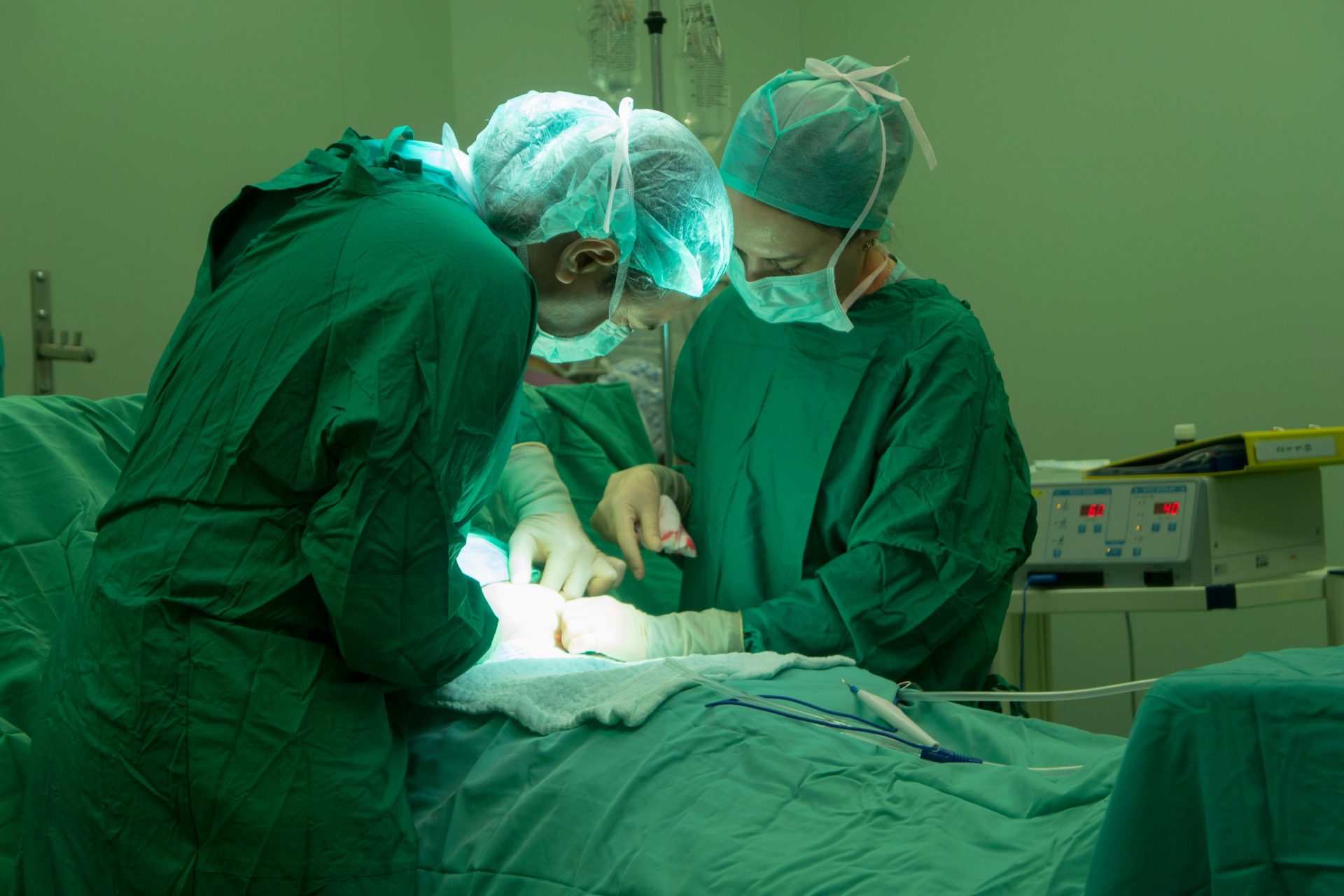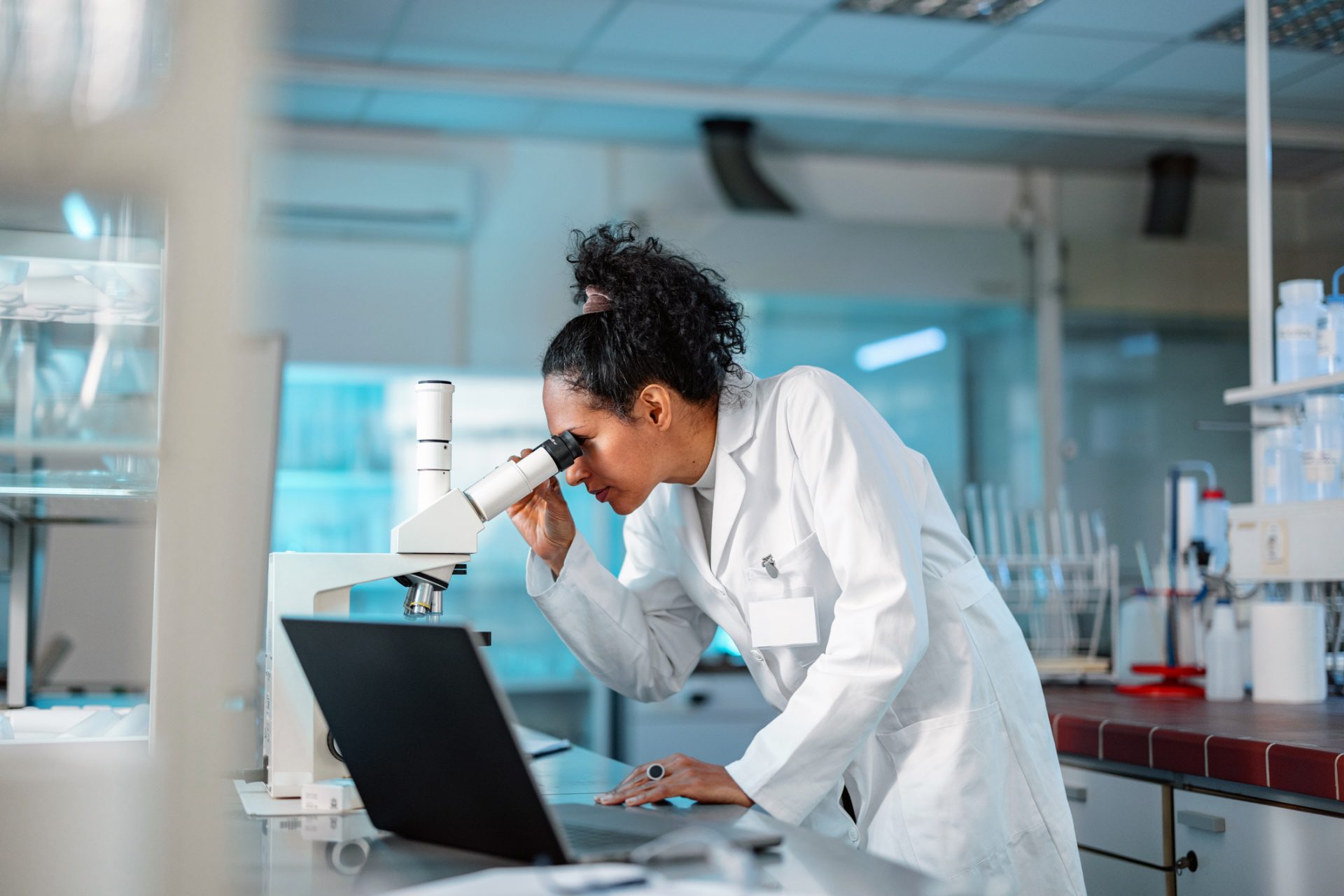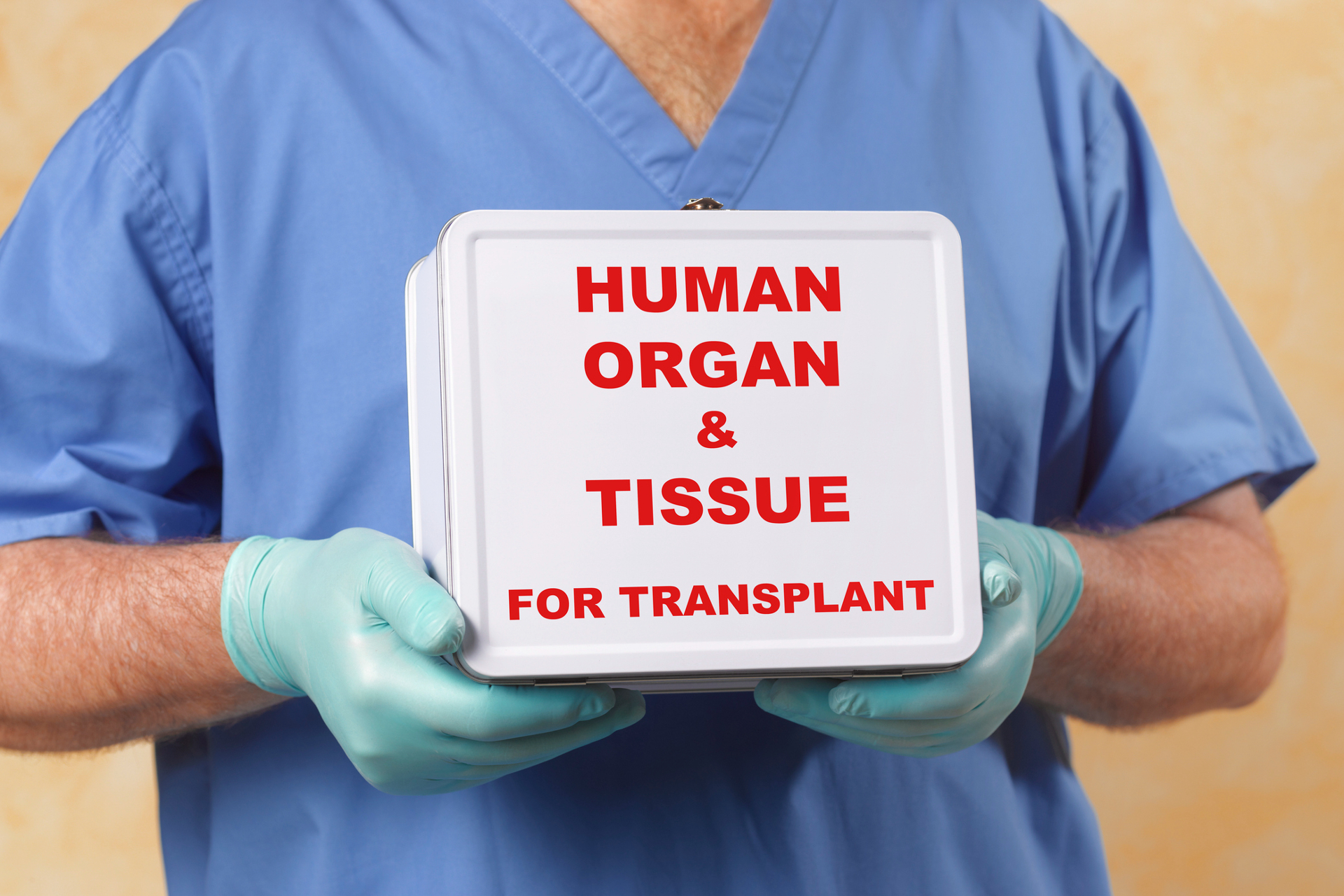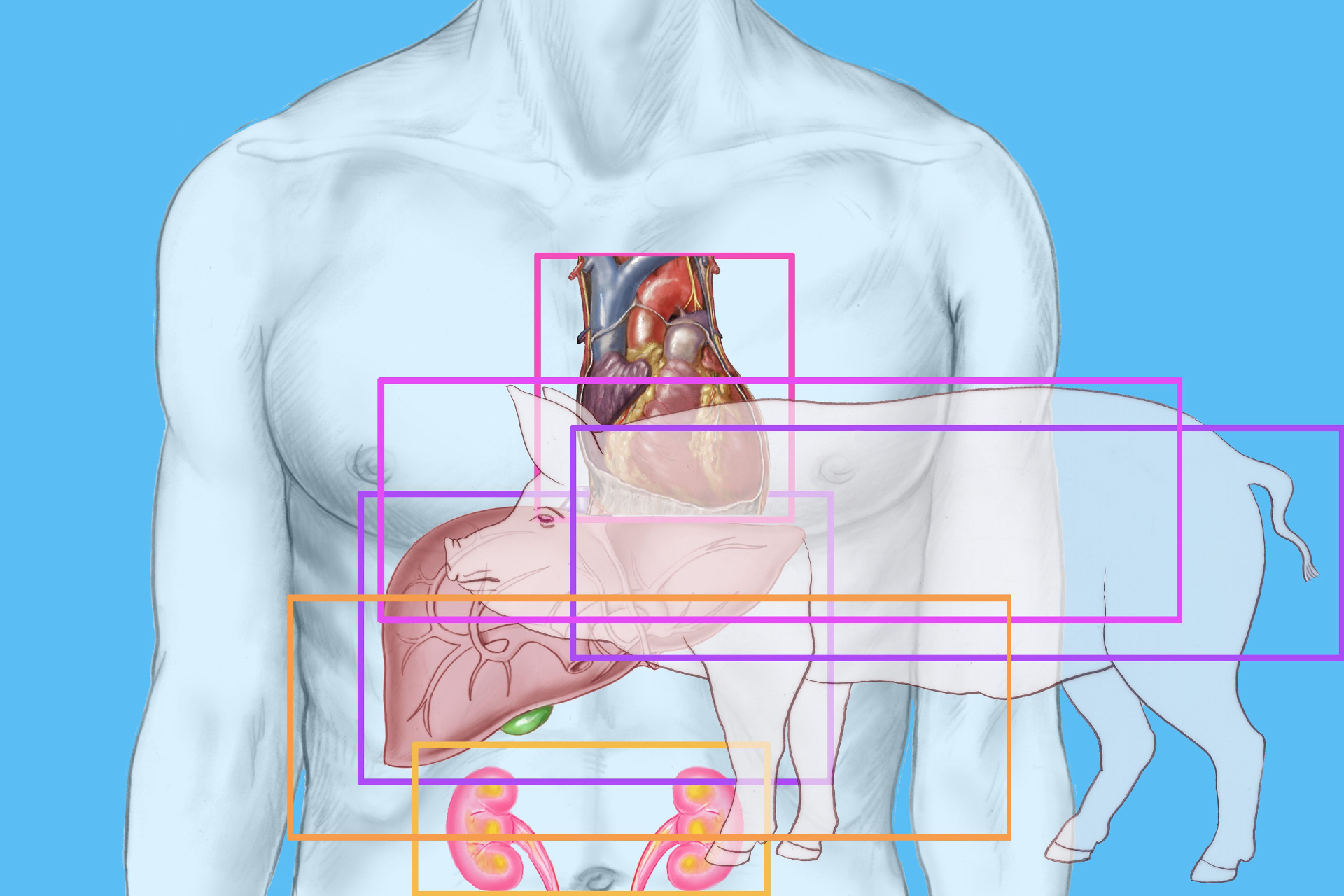Are pigs the future of transplants?
Richard Slayman, perhaps the most significant patient in current transplant history, is safely recovering at home after receiving a genetically modified kidney from a pig.
Surgeons at the Massachusetts General Hospital performed the groundbreaking procedure. According to a hospital statement, it was the first pig kidney transplant into an active human.
It is not the first time a patient received a pig organ transplant; last year, two men received heart transplants from pigs, but both died within months of the operation.
According to AP News, the surgery lasted four hours. At a news conference after the procedure, Dr. Tatsuo Kawai, the transplant surgeon, said Slayman was in good health.
Kawai added that the team believes the pig kidney will work for at least two years. Slayman had received a regular transplant in 2018 and dialysis rounds after it failed.
Experts cited by the BBC said the surgery was a historic milestone and could forever change the way we deal with organ transplants.
Slayman knew the importance of the surgery. "I saw it not only as a way to help me but a way to provide hope for the thousands of people who need a transplant to survive," he told AP News.
The Boston doctors and other experts cited by AP News said more transplants in various patients and hospitals are necessary to make the procedure widely available.
According to CNN, several scientists have researched how to make pig kidney transplants possible since the 1960s, primarily how to ensure the body would accept the organ.
However, with the advancement of genetic editing and private investment, growing a kidney that a human body would accept became a possibility, opening a new door for transplants.
According to the BBC, pig-grown genetically modified kidneys could help solve the most pressing issue for organ transplant: shortages.
Only in the US, the broadcasting company explained, more than 100,000 people are waiting for a transplant, while only 23,000 donate every year.
"I am firmly convinced that xenotransplantation (from animals) represents a promising solution to the organ shortage crisis," Leonardo V Riella, medical director for kidney transplantation at MGH, told Al Jazeera.
More for you
Top Stories



